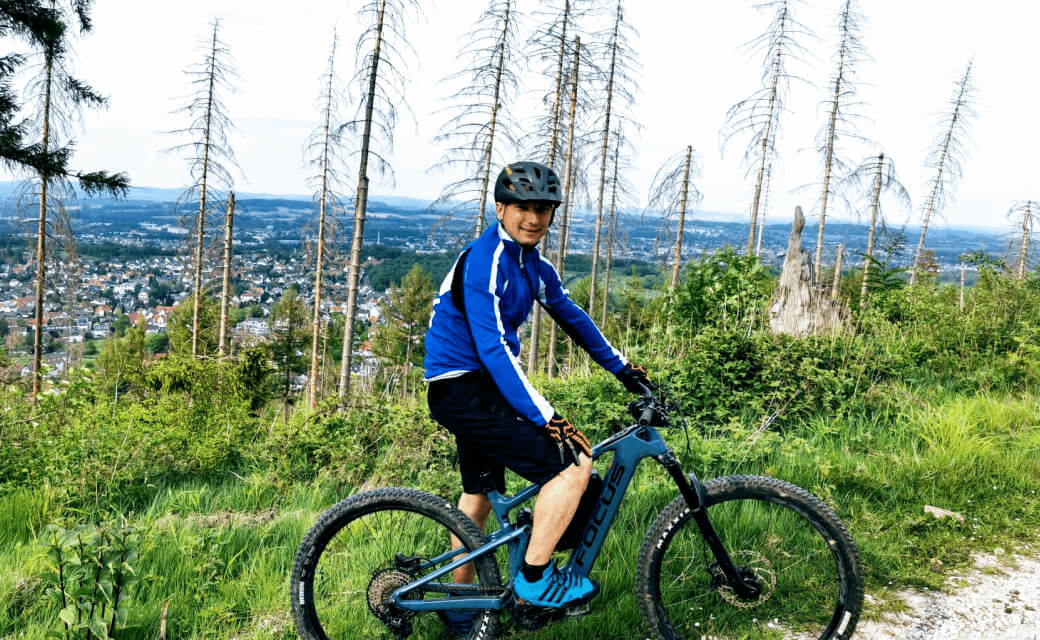Navigating the сareer path to becoming a Project Success Manager
Grzegorz’s career path illustrates the remarkable success that can be reaped when both the company and the professional thrive together.

Here at Avenga, we’re all about sharing knowledge. Dawid Maksylewicz, Avenga Competence Center Leader, talks about building a community of programmers as well as introducing children to the world of IT and stimulating creativity along with the ability of logical thinking.
How long have you been working at Avenga and what do you do on a daily basis?
I’ve been with Avenga since June 2016, which is almost 6 years now. You could say that I support the development of world medicine. I do this by designing and programming advanced IT solutions in Java for Avenga’s clients from the pharmaceutical industry. We implement fairly complex systems, and through our day-to-day work, we support scientists in the labs in San Francisco.
What skills do you consider essential for your position?
The range of skills required to become a Senior Software Engineer is quite broad – from knowledge of various programming languages such as Java, JavaScript, Kotlin, or Python, design patterns, or libraries, through infrastructure design and management, to analytical skills, which are necessary to understand highly complex business processes. Soft skills are very important too. Open communication with the team and business partners, a proactive attitude, or coming up with ideas without being overbearing and making decisions together – these are all key to success.
In addition to your everyday work for your client, you are also the leader of one of the Avenga Competence Centers. How do you build your community of Java developers on a daily basis?
Avenga Competence Centers are platforms created to enable our specialists to share and exchange their experiences and expand their knowledge and skills. Thanks to tech talks or dedicated communication channels, they can get to know each other, engage in discussions, exchange views, and support each other in cases requiring non-standard, custom solutions. After all, there are as many ideas as there are programmers at Avenga, which is a considerable number! Anyone new to Avenga is welcome to join our open community. They will surely find something relevant to their interests. Anyone interested in developing their skill sets as well as all those who would like to contribute something valuable is encouraged to join us.

You take part in building a community of Java developers outside of Avenga as well. What is a Java User Group?
I come from Zielona Góra – it’s a city with a thriving IT services market and an active community of programmers. For seven years, I have been one of the leaders of and an active speaker at Java User Group – a group of several dozen professionals working with Java technology. During our monthly meetings at local spots, we organize tech talks followed by fun afternoons/evenings out together. This year, I’m representing Avenga with topics to address. The first one concerns architectures based on CQRS and Event Sourcing patterns using Axon Framework, and the second one deals with professionals figuring out unknown domains and processes.
You also share your knowledge with the youngest generations. How did you get into teaching programming classes at an elementary school?
I have a 9-year-old daughter – she really wanted me to come to school and tell her peers about my profession, about what I actually do during all those long hours spent in front of a computer screen. And this is how a series of classes on the basics of programming came about, containing a bit of theory, but – above all – a lot of fun, teamwork, and tasks and assignments requiring logical thinking. During the workshop classes, we talked about jobs that have to do with computers, I showed the kids the inside of a computer with the motherboard, the hard drive, and the processor, and then we moved on to commands. Each child could play with a simple programmable robot, put on VR goggles, play logic games, as well as have fun together in an outdoor game, where they had to get to the right point by moving through a network of strings. I hope that the kids will remember the plenty of interesting things they can do on a computer. And that they will associate a profession that involves sitting in front of a computer with creativity.
When would you say is the best time to start introducing kids to programming?
It’s hard to pinpoint the right moment. I believe that in the age of consumer electronics being everywhere, it’s important not to rush things, but to give your child the freedom to choose and to interact with their peers outdoors. At the same time, I’d suggest supporting kids in the development of logical thinking skills and boosting their creativity in every way possible. All of this will no doubt bear fruit in the area of technology in the future. The world of today needs people who can be innovators and problem-solvers both as individuals and as part of a team.
And what does David do after the system is shut down? In his spare time?
I go for outdoor activities. Trekking in the mountains and biking in the woods in the summer, and snowboarding in the winter.